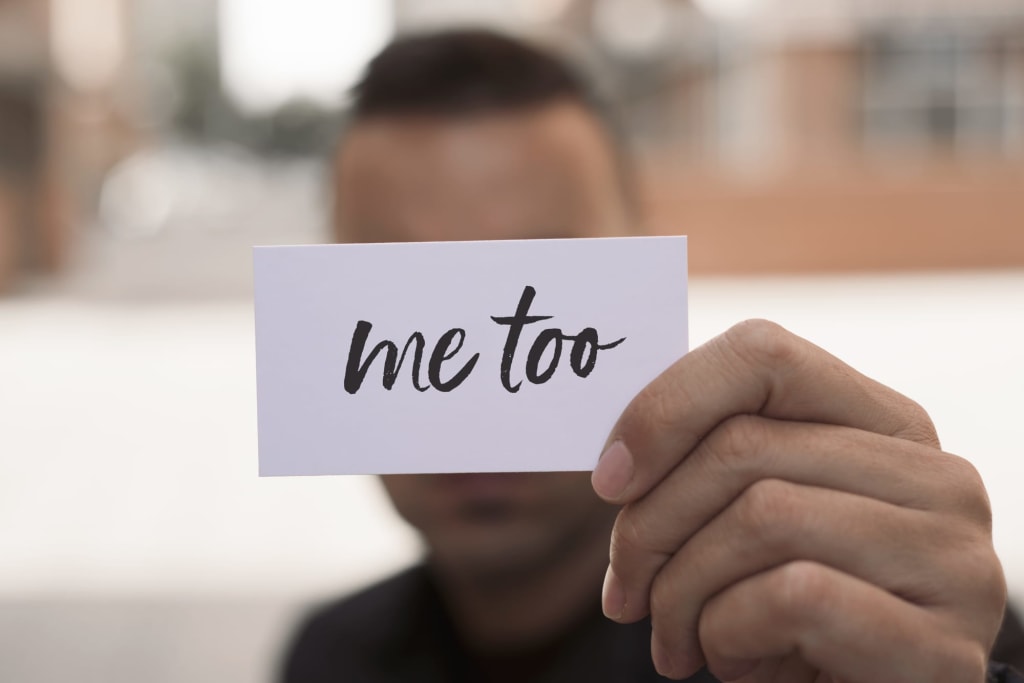Sexual assault is a pervasive issue that affects individuals of all genders, but the impact on college men is often overlooked. According to research, 1 in 16 men are sexually assaulted during their time in college. The effects of sexual assault on men can be just as devastating as they are for women, and the stigma surrounding male victims can make it even more difficult for them to seek help.
The consequences of sexual assault on college men can be far-reaching, including physical injuries, mental health issues such as depression and PTSD, and difficulties forming intimate relationships. Men who have experienced sexual assault may also struggle with feelings of shame, guilt, and self-blame, as well as fear of judgment from others.
Despite the prevalence of sexual assault on college campuses, many prevention efforts often focus solely on women. However, it is crucial to address the issue of sexual assault against men and implement strategies to prevent it from happening in the first place.
One way to prevent sexual assault against college men is to promote bystander intervention. Bystander intervention involves empowering individuals to intervene in situations where they witness potential harm, including instances of sexual assault. By encouraging bystanders to speak up or take action when they see warning signs, we can create a culture of accountability and reduce the likelihood of sexual assault occurring.
Another important prevention strategy is to educate college students about consent. It is essential for all individuals to understand the importance of obtaining clear and enthusiastic consent before engaging in any sexual activity. By promoting a culture of consent on college campuses, we can help prevent misunderstandings and boundary violations that can lead to sexual assault.
In conclusion, sexual assault has a significant impact on college men, and it is essential to address this issue by implementing prevention strategies that specifically target male victims. By promoting bystander intervention and consent education, we can work towards creating safer and more respectful college environments for all individuals. It is crucial to recognize that sexual assault can happen to anyone, regardless of their gender, and take proactive steps to prevent it from occurring in the first place.
